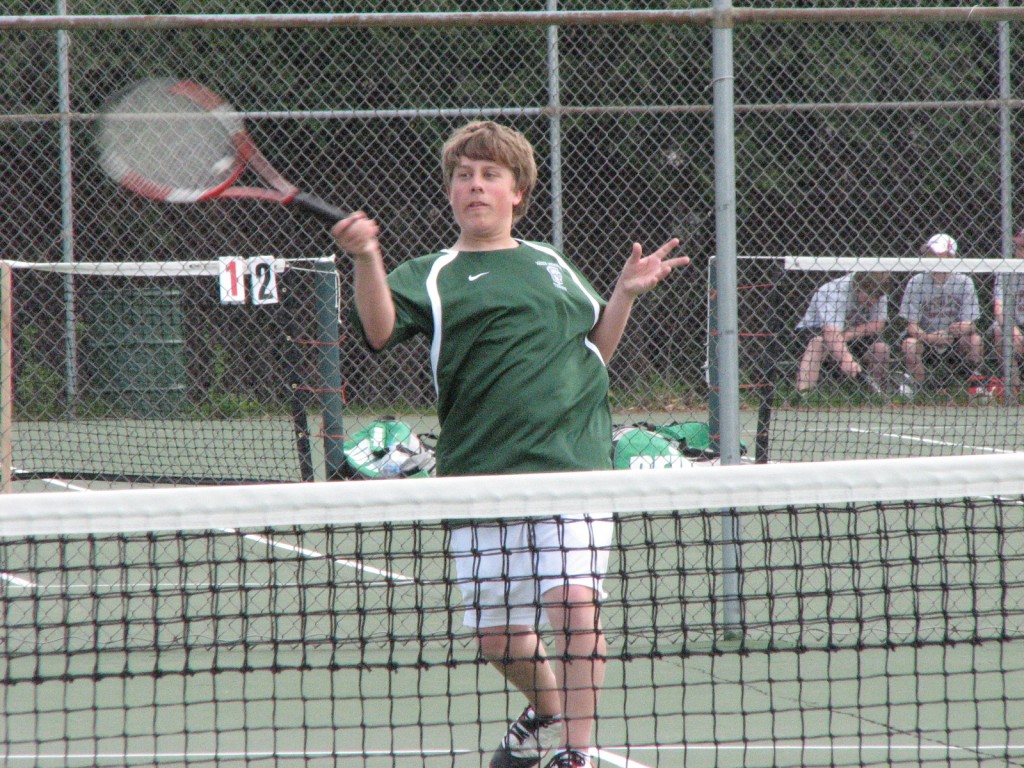Weaving the Threads of Fiction
Over the past few weeks I’ve been reading through the 2013 Printz finalists and winner. The Printz is the premiere award given to books written for teens.
I thought it might be interesting to look at one aspect of the writing and to compare techniques. Do the authors use a variety of story lines or character complications to increase narrative tension and drive, and if they do, how many of these threads do they introduce in the first ten pages or so? Because I’m only addressing plot points introduced in the early pages of the book, I’m confident that I won’t be revealing any spoilers. Let’s start with In Darkness by Nick Lake, this year’s winner.
In Darkness
The opening lines reveal the teenaged main character (MC) and first-person narrator to be buried alive in rubble, the result of the great 2010 Haitian earthquake. Alone and dying. This, it would seem, should be plenty of trouble. But listen to the additional woes laid on by Lake:
1. The MC is a killer, having committed his first shooting at age 12
2. He has witness horrors — babies abandoned, men coming back to life
3. He had been trapped for days and is suffering unbearably from thirst and hunger
4. He is in the company of decomposing bodies
5. He’s recovering from a gunshot wound inflicted before the earthquake
6. He has lost his sister, taken away by gangsters
7. His father was chopped to death by machetes in front of him
In other words, Lake has put his character in mortal danger. But on top of this he weaves a life story which is fraught with complexity and deep wounds. He is not only a boy alone and dying, he a deeply damaged boy, and the particulars of this damage are the heart and soul of the book.
The White Bicycle
Beverley Brenna gives us another damaged MC and narrator, Taylor Simon, a teenager with debilitating Aspergers. Here are the complications that are detailed as the story opens:
1. Although Aspergers has made her highly dependent on others, particularly her mother, at 19, she is hungry for independence.
2. She and her mother have been dislocated to France.
3. Her mother may be on the verge of getting married
4. Her father abandoned her and her mother when she was eight
5. Her early school experiences, when she was undiagnosed, were horrendous
6. She is undergoing a philosophical search through the writings of Sartre
7. She has had a mysterious contact with a very old woman who ended up hospitalized
Once again, it is not enough to have a deeply damaged MC. Brenna layers on a history of woe and current complications, one on top of another, like a layer cake. It is the combination of all of these which produces the narrative drive that compels the reader onward.
Dodger
Prolific and heralded novelist Terry Pratchett not only sets this book in Dickensonian London, Charles Dickens is a major player. The main character is a street boy. As the story opens, the boy, Dodger, finds himself going to the rescue of a girl beaten and thrown from a carriage. Both are subsequently placed under the care of a passing gentleman and his friend, the boy rather reluctantly. So we begin with a boy in abject poverty, who is living in the sewers of London. But then the plot thickens.
1. The identity of the damaged girl is a mystery
2. The poverty and deprivation of the boy is expanded in detail
3. The intentions of the gentlemen, as seen from the boy’s POV, are suspect
4. The girl has lost a baby from her injuries
5. The gentlemen enlist Dodger to help solve the mystery of the beaten girl
So Pratchett takes the wily, deprived Dodger and immediately complicates his life in multiple ways: by getting involved in saving the girl, by coming under the attention of two gentlemen of puzzling nature, and by being enlisted in solving a mystery.
Summary
If this sample were all you had to go on, the key to writing an award-winning book would be to start with a damaged MC: child gangster with a bullet wound, a murdered father and a kidnapped sister; deeply disabled Aspergers sufferer; street orphan. Then start piling up the complications, because one complication doesn’t seem to be enough.
Will this formula hold true for the other two finalists? Stay tuned.

